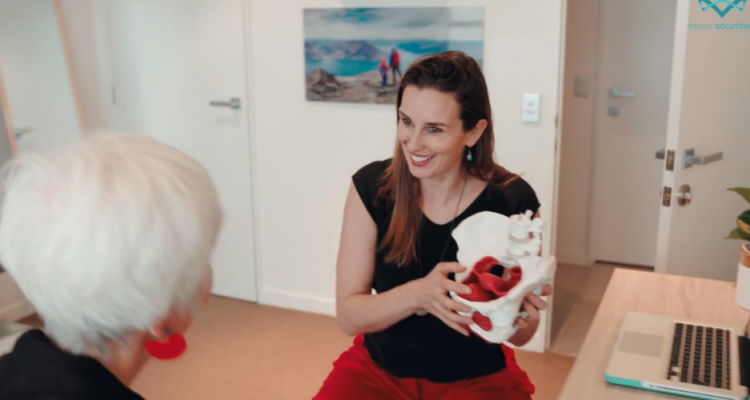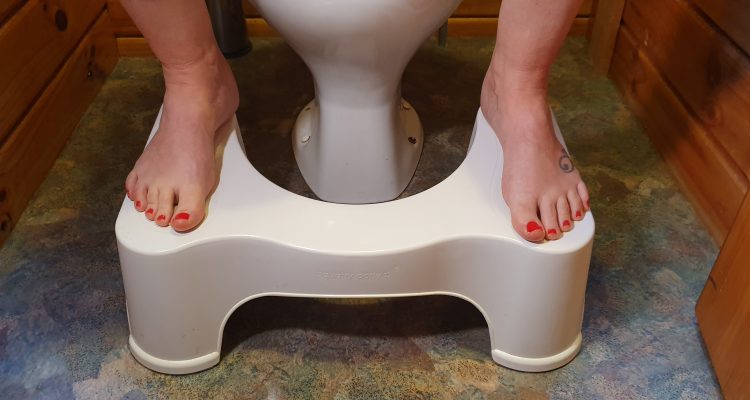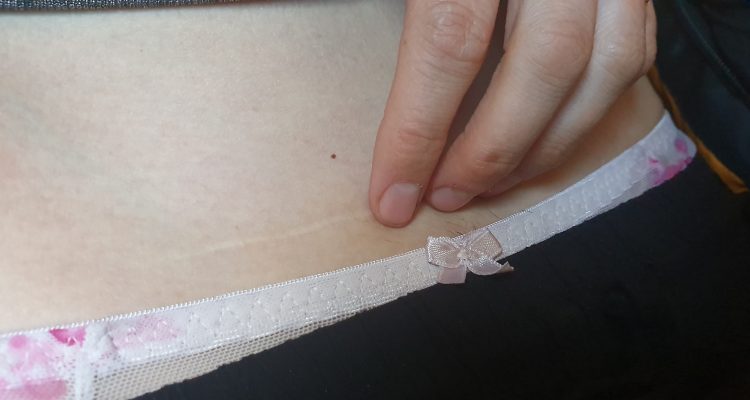Pelvic floor muscle strengthening
Getting these muscles optimised to their full potential is what we are best at! This is our jam! No flimpsy pamphlet and generic instruction given… we assess you fully, and get your started on how to get these wonderful muscles, power house strong, and able to respond to what you will throw at it. Your program will be individualised to EXACTLY what you need. We don’t want your pelvic floor muscles to be your weakest link! Sometimes that might involve pelvic floor muscles relaxation (link through to this service from the pain section) first, before we can work on the strength, power, co-ordination and endurance of these muscles. They have to be fast enough to catch those coughs and sneezes, and have enough endurance to last a full day on your feet! They have to have enough tone to support your pelvic organs, and be able to fully relax to wee, poo and have sex! They need to be able to respond to impact during a lift or a jump…. And if you follow our recommendations… who knows…. Maybe you just might be able to shoot that ping pong ball across the room!
We will even help you with tips and trick on how to fit these exercises into your day, so that you can keep up the great work life long.






